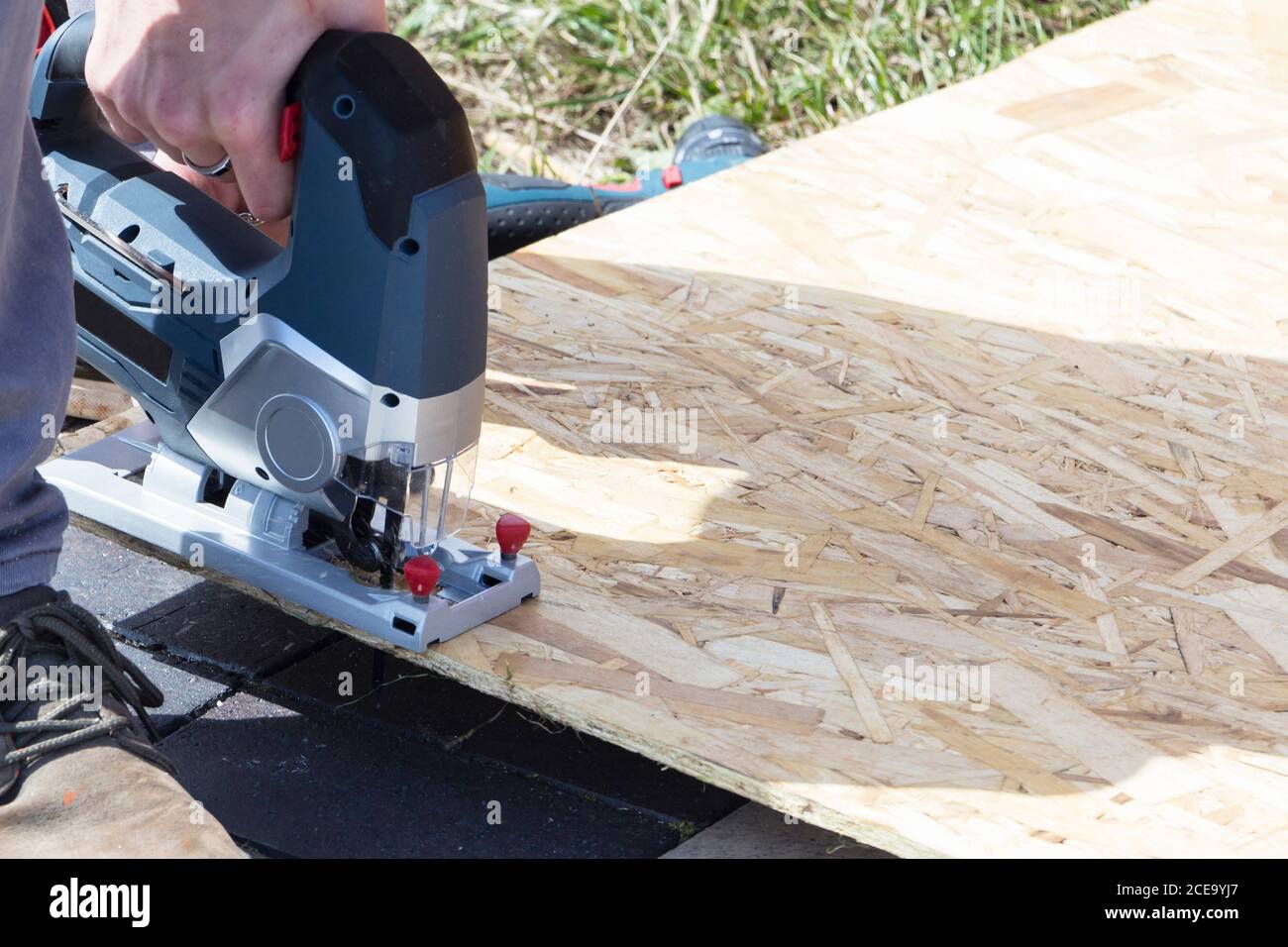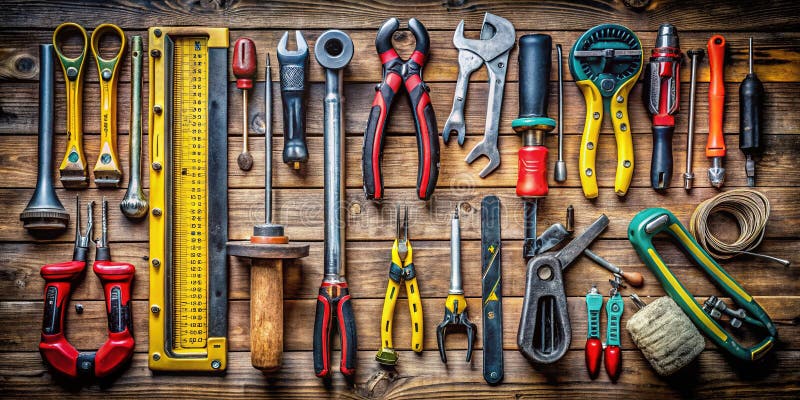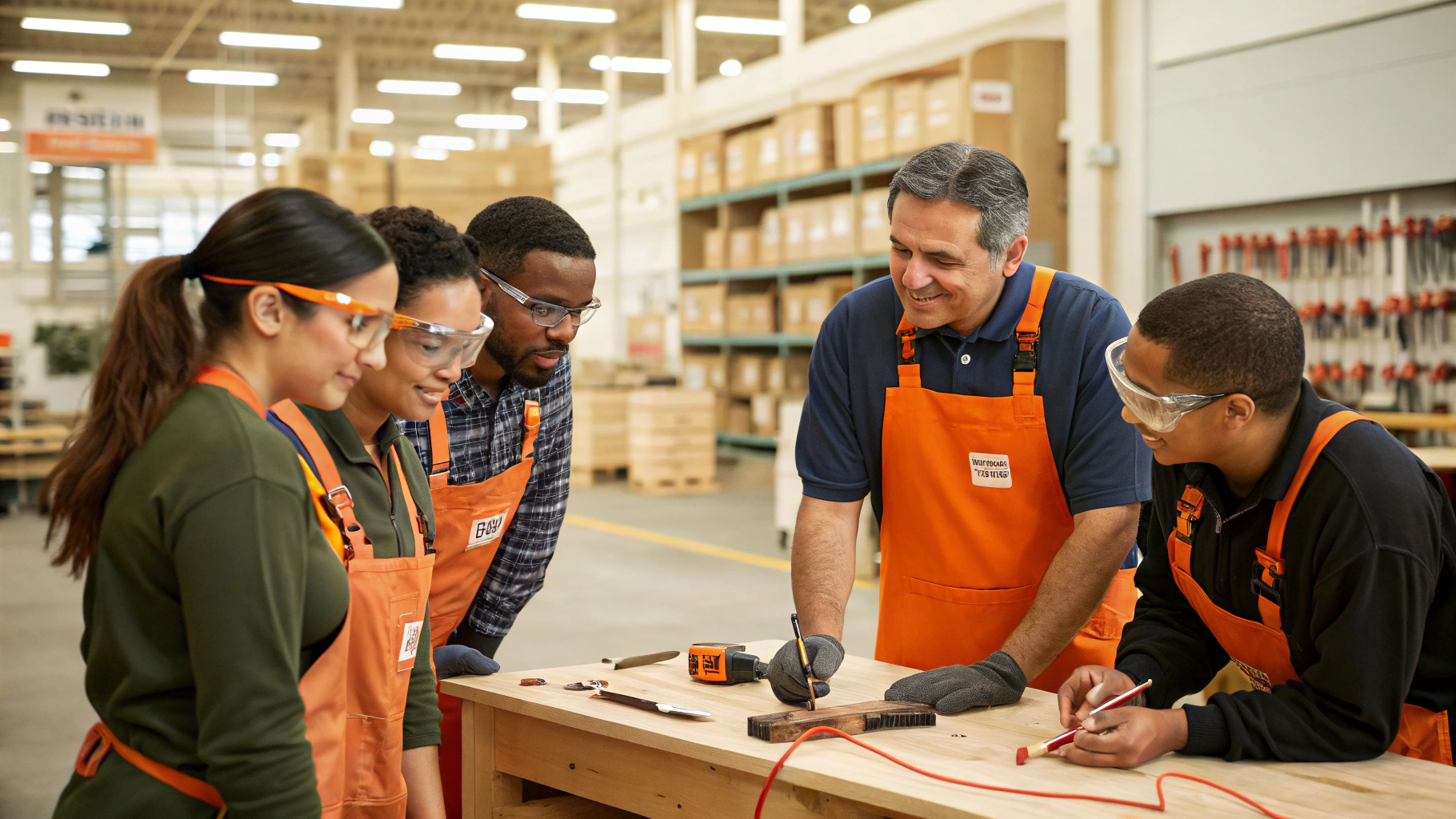If you’re stepping into the skilled trades, having the right tools matters. But that doesn’t mean you have to drain your savings. Even if you’re framing walls, fixing leaks, or wiring outlets, you need decent equipment that’s solid, reliable, and won’t let you down (or hurt you) while you're still figuring things out. The tool aisle can feel pretty overwhelming when you're starting out. That's why I put together this straightforward guide to help you build a toolkit that actually works without breaking the bank.
Safety First: Non-Negotiables for Trade Beginners
Before grabbing your first hammer, prioritize protection. Maria, a first-year electrical apprentice, learned this the hard way when a $20 non-contact voltage tester flagged a live wire she’d assumed was dead.
“That $20 tool saved my life,” she says.
-
Eye Protection: ANSI Z87.1-rated safety glasses ($15–$25) resist impact better than generic models.
-
Insulated Gear: Class II insulation symbols (two squares) on electrical tools prevent shocks.
-
Secure Work Surfaces: Clamp materials before cutting. A wobbling board causes slips and uneven cuts.

Core Tools for Trade Beginners: Building Your Foundation
Carpentry Essentials: Precision on a Budget
“Measure twice, cut once” starts with the right gear. Jake, a framing apprentice, swears by his 25-foot magnetic-tip tape measure for marking stud layouts without helpers.
-
Circular Saw: A favorite tool for beginners. DeWalt’s 20V MAX (under $150) delivers clean cuts in plywood.
-
Combination Square: Verifies 90-degree angles for door frames and cabinets.
-
Chalk Line: Often overlooked, this $10 tool ensures straight guidelines across long spans.

Transition Tip: While carpentry demands precision, plumbing requires tools that thrive in damp environments.
Plumbing Must-Haves: Grip and Grind
Pipe wrenches with chrome vanadium (Cr-V) steel jaws outlast cheaper metals. Sara, a DIY homeowner, avoided flooded basement disasters using an adjustable basin wrench to tighten sink nuts her pliers couldn’t reach.
- Pipe Cutter: Look for replaceable hardened blades for clean PVC cuts.
- Teflon Tape: A $2 roll seals thread fittings. If you skip it, leaks follow.
Electrical Starter Kit: Safety Meets Function
Master electrician Luis Perez insists on two rules: “Never work live, and never cheap out on insulation.”
-
Non-Contact Voltage Tester: Klein Tools’ $25 pen-style model detects live wires instantly.
-
Wire Strippers: VDE-certified (international electrical safety standard) tools prevent mishaps.
-
Multimeter: The $50 MM300 checks outlets and continuity, which is critical for troubleshooting.

Smart Shopping: How to Spot Quality Cheap Tools
Budget doesn’t mean brittle. Use this 4-step checklist:
- Material Check: Cr-V steel wrenches resist wear; avoid flimsy chrome-plated options.
- Warranty Wins: Husky’s lifetime replacement pledge covers even budget screwdrivers.
- Ergonomic Handles: Textured grips reduce blisters during all-day use.
- Certification Clues: ISO markings confirm measuring tape accuracy.
YouTube’s ToolGuyd channel compared 12 multimeters in 2024 and found out that the $30 models failed voltage tests 40% of the time. Invest in certified gear.
Where to Find Affordable Trade Equipment
-
Refurbished Deals: Amazon Renewed offers DeWalt drills at 40% off. It has same warranty as the new ones.
-
Entry-Tier Lines: Makita’s 12V drill/driver kit handles 80% of tasks for $99.
-
Local Bargains: Harbor Freight price-matches competitors’ online listings.

Trap Alert: $10 “mystery brand” angle grinders often lack replacement parts. Stick to known brands.
Grow Your Skills Without the Debt
Think of your first toolkit as your starting point. While you’re building your collection, try the free Home Depot clinics on wiring basics or pipe soldering. That hands-on learning is important. Every six months, also audit your gear, tossing out worn items and adding specialized tools as your skills grow.
And here's a tip, sometimes spending more upfront pays off. That plumber’s $50 pipe cutter saves hours compared to struggling with a hacksaw. Start with multi-use tools first, and you’ll soon build expertise and income to fund future upgrades.
By starting smart, you’re not just saving cash. You’re investing in a career where the right tools help you earn more doing the work.
